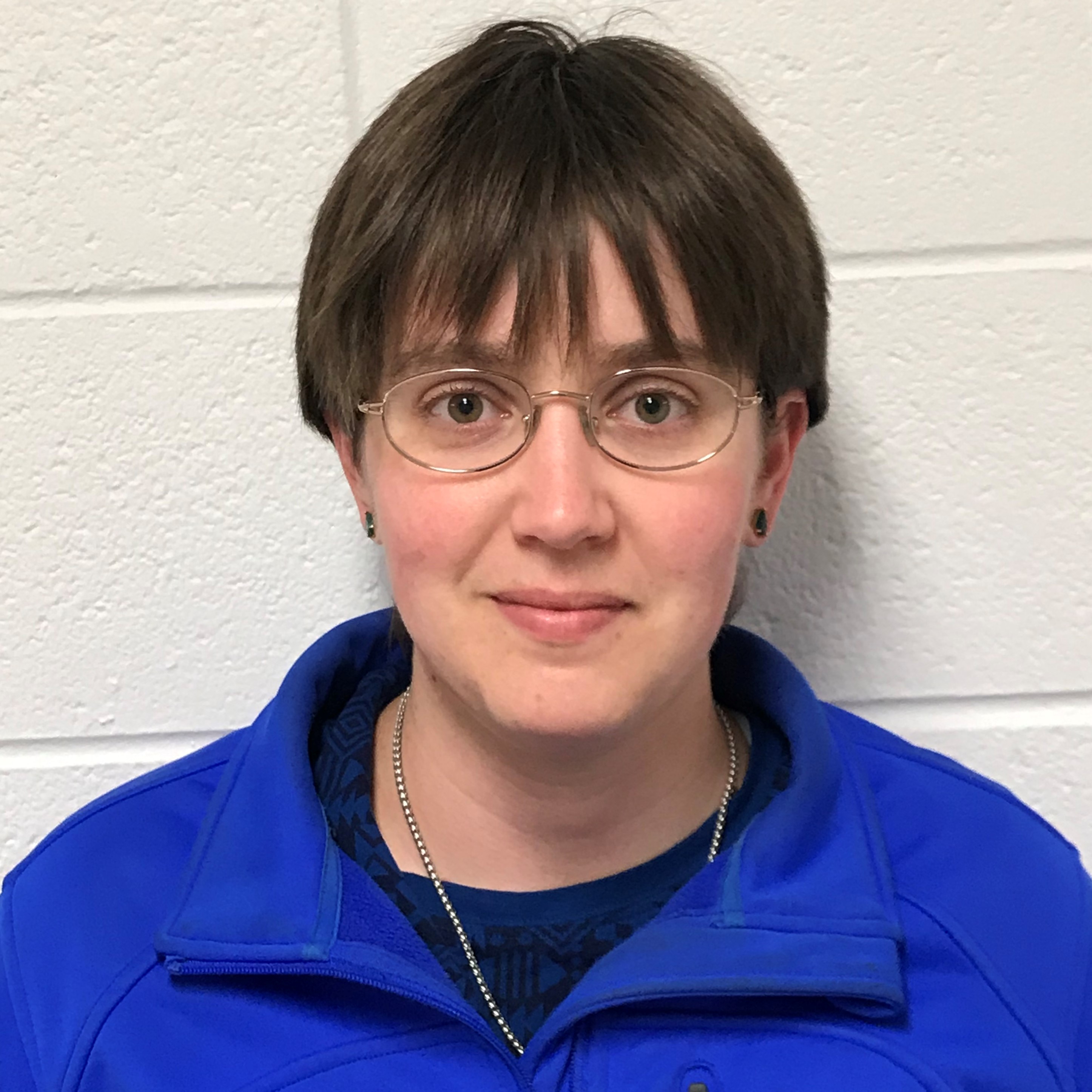- Details
-
Category: Department News
-
Published: Wednesday, July 17 2019 07:42
Along with Neil Armstrong and Buzz Aldrin, University of Maryland scientists left a lasting mark on the moon when Apollo 11 landed there 50 years ago this week, one that is still imprinting on the world of physics.
That’s because a piece of equipment the astronauts left behind—a small panel of 100 mirrors designed by UMD physicists Doug Currie and the late Carroll Alley and a national team—remains in use for experiments. It may soon get an upgrade, too, thanks to NASA’s new project to send astronauts back to the moon by 2024 and, eventually, to Mars.
Called the lunar laser ranging array, it works in tandem with two others placed by the Apollo 14 and 15 missions in 1971, and provides a target for lasers beamed from telescopes on Earth. The bounce-back from those pulses enables precise measurements of distance that in the past five decades have led to discoveries ranging from the moon’s liquid core to confirming that Earth’s continents are still (slowly) moving.
In fact, the arrays are responsible for “really the only verification” of some aspects of Einstein’s general theory of relativity, said Currie, now a professor emeritus at UMD.
“Science has come out of it remarkably,” he said.
There’s plenty more to learn, as Currie has been working with the National Laboratories of Frascati, Italy, and commercial space company Moon Express to get a new generation of arrays onto the moon. NASA announced earlier this month that the arrays will be one of 12 experiments placed on future payload missions as part of the Artemis lunar program and in partnership with private space companies.
With measurements exponentially more accurate, Currie hopes the new instruments shed light on mysteries like dark energy and dark matter. “The gain we will have with the next generation is significant,” Currie said. “It allows us to chase in the direction of some of the fundamental questions of physics.”
Article by Liam Farrell, reprinted from Maryland Today
Read more about Carroll Alley.
Read more about Doug Currie's new retroreflectors.
Watch an ABC News interview with Doug Currie.about the 50th anniversary of Apollo 11.

